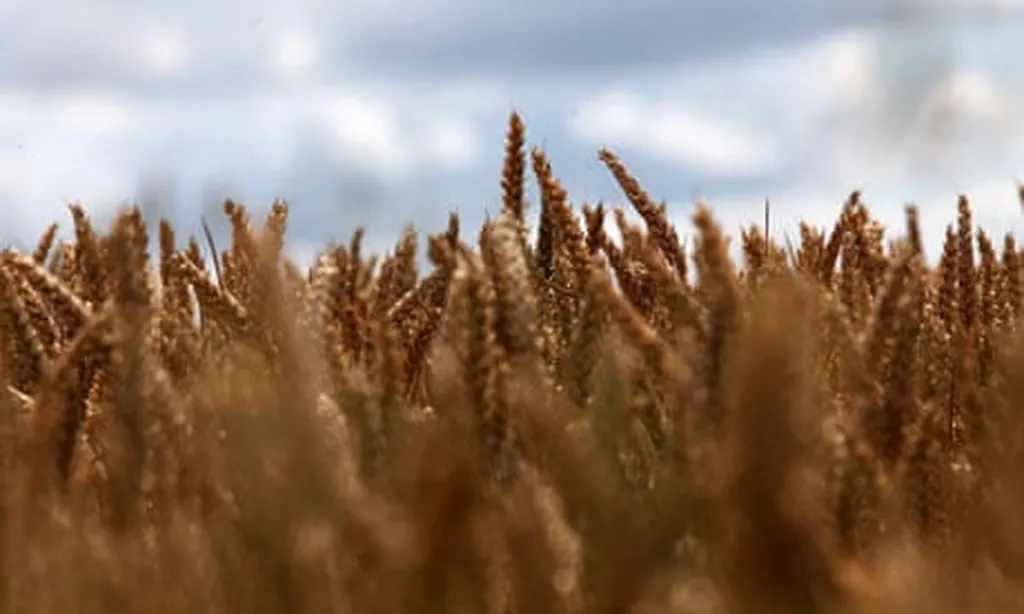In the face of climate change, global agriculture is under immense pressure to adapt and evolve. A recent systematic review published in the journal *Frontiers in Sustainable Food Systems* (which translates to *Frontiers in Sustainable Food Systems* in English) sheds light on the critical role of genetic diversity in wheat, offering promising pathways for improving drought tolerance, yield stability, and resilience. The study, led by Kadupe Olanike Babalola from the Department of Food and Drug at the University of Parma in Italy, systematically reviews the potential of wheat landraces, composite cross populations (CCPs), and evolutionary populations (EPs) in climate change adaptation.
The review, which followed PRISMA guidelines, identified and evaluated studies on these wheat populations, focusing on their contributions to agrobiodiversity and climate resilience. “Wheat landraces, CCPs, and EPs are not just relics of the past; they are vital for developing climate-resilient wheat varieties and sustainable food systems,” Babalola emphasized. The findings indicate that these populations outperform modern varieties in yield stability, drought tolerance, disease resistance, and nutritional quality, particularly in organic and marginal farming systems.
Evolutionary populations, in particular, showed strong yield consistency and adaptability. “EPs are like nature’s toolkit for resilience,” Babalola explained. “They have the genetic diversity to adapt to changing environments, making them invaluable in the face of climate change.” Landraces, on the other hand, exhibited high drought tolerance and grain quality, while CCPs offered buffering capacity under biotic and abiotic stresses.
However, the review also highlighted gaps in the current research. Most studies were concentrated in Europe, and there is a need for broader research in diverse agroecological zones. Additionally, greater attention to socio-economic and post-harvest factors is required. “We need to understand not just the genetic potential but also how these populations can be integrated into farming practices and value chains,” Babalola noted.
The implications for the agricultural sector are significant. As climate change continues to threaten cereal crops, the integration of these genetically diverse wheat populations into breeding programs could enhance crop adaptability and food security. This research underscores the strategic role of genetic diversity in building resilient agri-food systems and outlines directions for future research and policy.
In the broader context, this study could shape future developments in the field by encouraging more diverse and adaptive breeding programs. It also highlights the need for policy support to promote the use of these populations in farming practices. As we navigate the challenges of climate change, the insights from this review could be instrumental in developing more resilient and sustainable agricultural systems.

